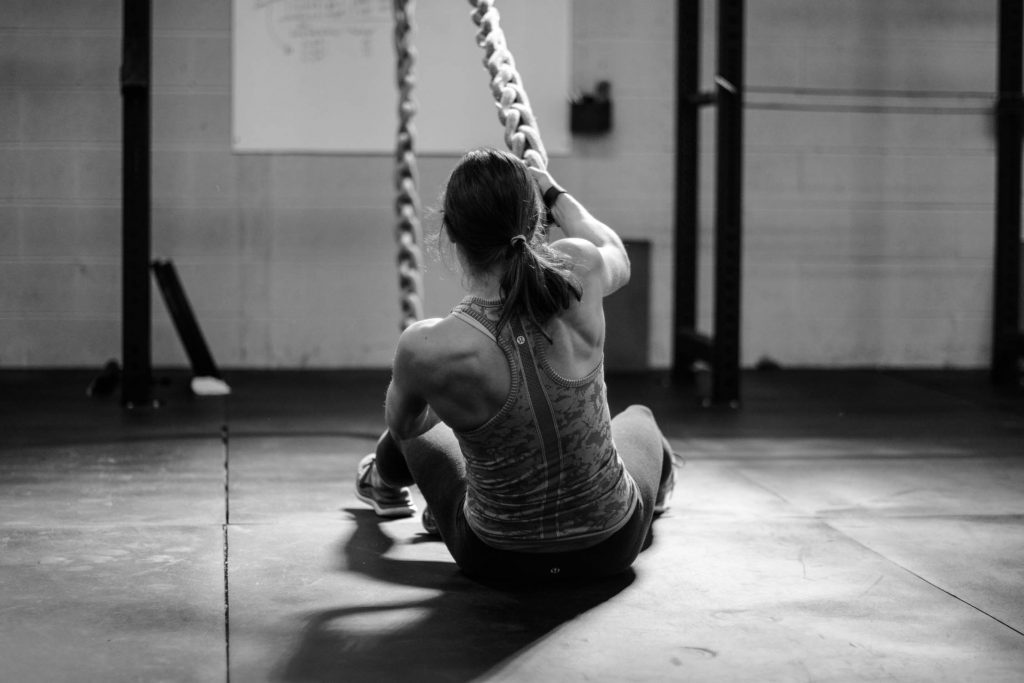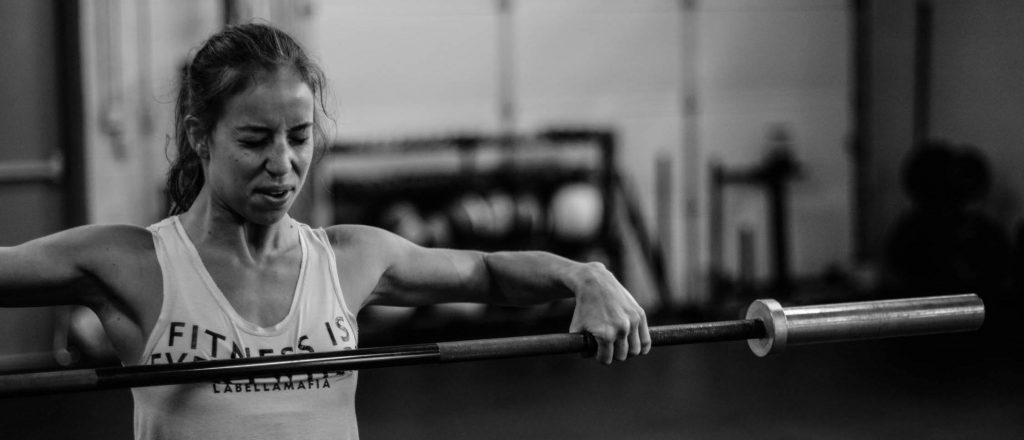seriously though – how much does your exercise effect your fitness? now i am not talking about fitness as your mile time or if you have visible abs (at least not necessarily) – i mean fitness in the evolutionary sense. fitness as in how well to you cope with the stresses you face in everyday life. for firefighters, police, and professional athletes the path is straightforward, but what about the rest of us? sure, most of us would be happy to drop a few pounds – but science (and the majority of personal experience) shows that diet is far more relevant. so again i ask – why exercise? to get stronger? to help with posture? with body awareness? balance? i am a trainer and a gym owner, i have made this type of fitness and training a huge part of my life, and if this was merely about physical change i would have never been able to stay interested. when i meet a potential client i want to know what type of person they want to be. what they want to change about themselves. i want people looking to be better artists, better parents, better friends. i want people looking to better understand their surroundings. to better understand their business. people who are open to the idea that human beings are pliable, and by controlling the stresses we face – we can shape the person that we will become.
in the big picture sense, “training” is, more than anything, training control. we are training understanding. we are training agency. the gym is a laboratory, it is an artificial environment where we can control nearly every variable – we can dial in the stress, push and guide ourselves into the areas where we are the least comfortable – but we can do it with control. the difference between poison and medicine is in the dosage. we use the gym to replicate that panic feeling you get when trying something new, the fatigue at the end of a bad day at work, the frustration of things simply not going your way – we can create that feeling in a safe and controlled way, just a taste, just enough to see the cracks form, to see where and how it will all come crashing down – and then we can stop. we can sit there. we can explore ways to move and breathe and think. ways to hold it together. to persevere. to push back and up and through. the gym is about communication. about information. like headlights in the night, we use the gym to show whats next – to show what is coming. to practice who we would like to be when things start to go wrong.
training is about more than muscles. so much more. training is about understanding relationships. training is about cultivating patience. training is about learning to solve problems. assessment and execution. deliberate response. the gym should be approached as a mental exercise with physical side effects. the greek poet archilochos is attributed as saying that we don’t rise to the level of our expectations, we fall to the level of our training. so train in a way that makes sense. that will actually make a difference. train yourself to respond to pressure. to stress. to all those unfortunate and unavoidable truths of life. the gym can provide many lessons, training can improve your mind as much as your body. it is just a matter of framing. of approach. of asking the right questions.
so.
what kind of person do you want to be?
-the station
 it all starts with asking the right questions. about looking at who and where you are right now, about how that compares to what you would like to be – and most importantly: what are you willing to do about it.
it all starts with asking the right questions. about looking at who and where you are right now, about how that compares to what you would like to be – and most importantly: what are you willing to do about it.
